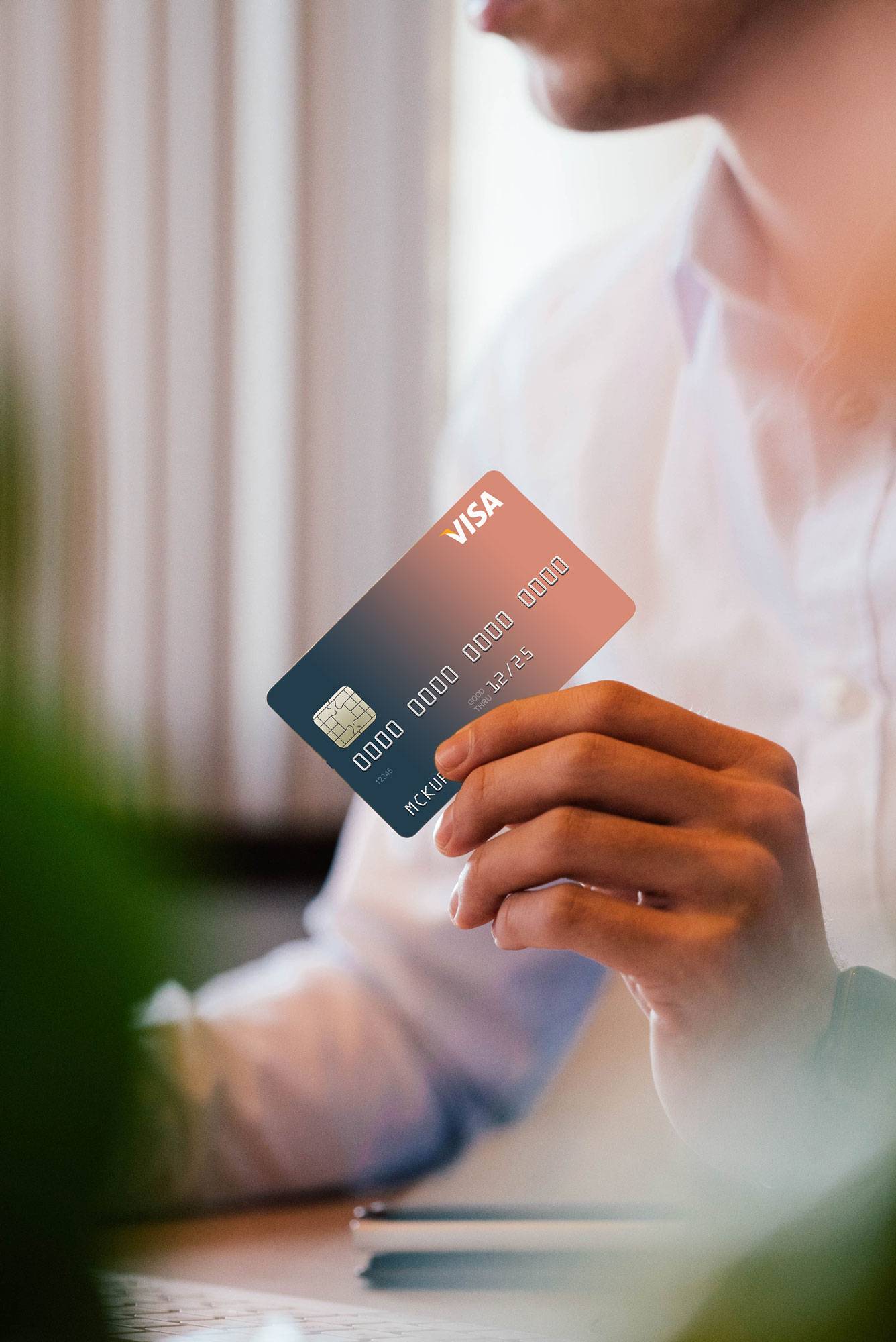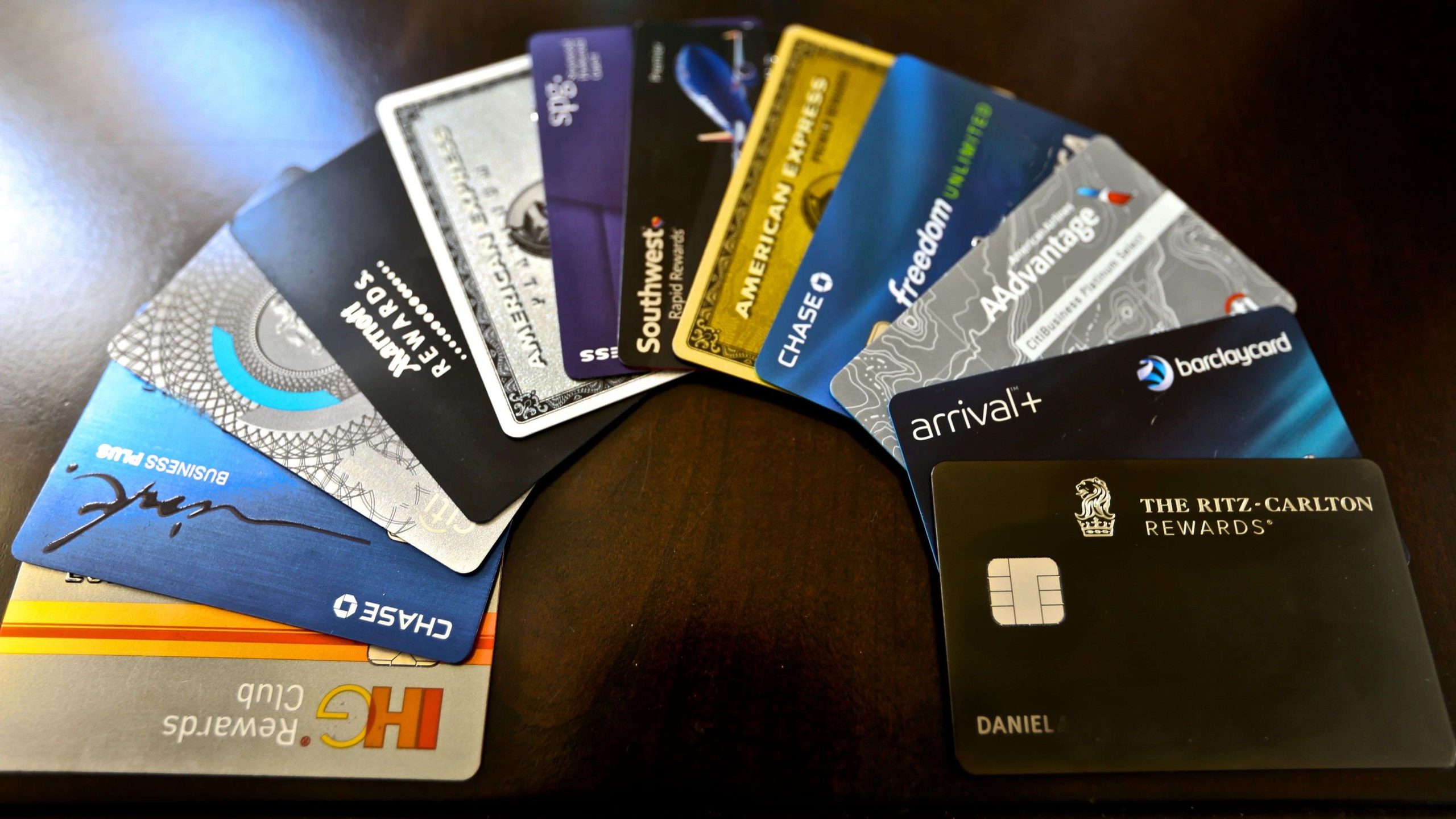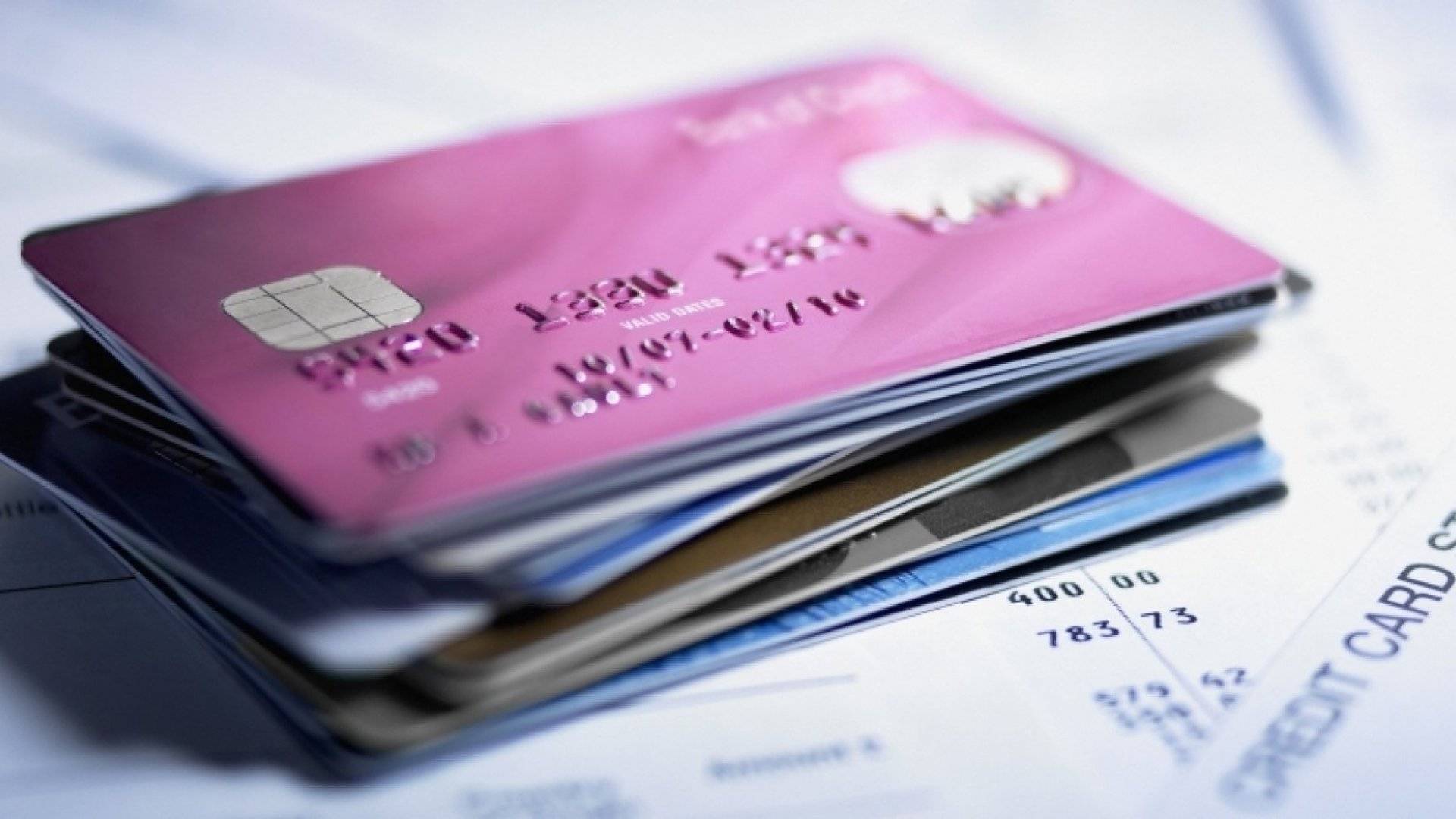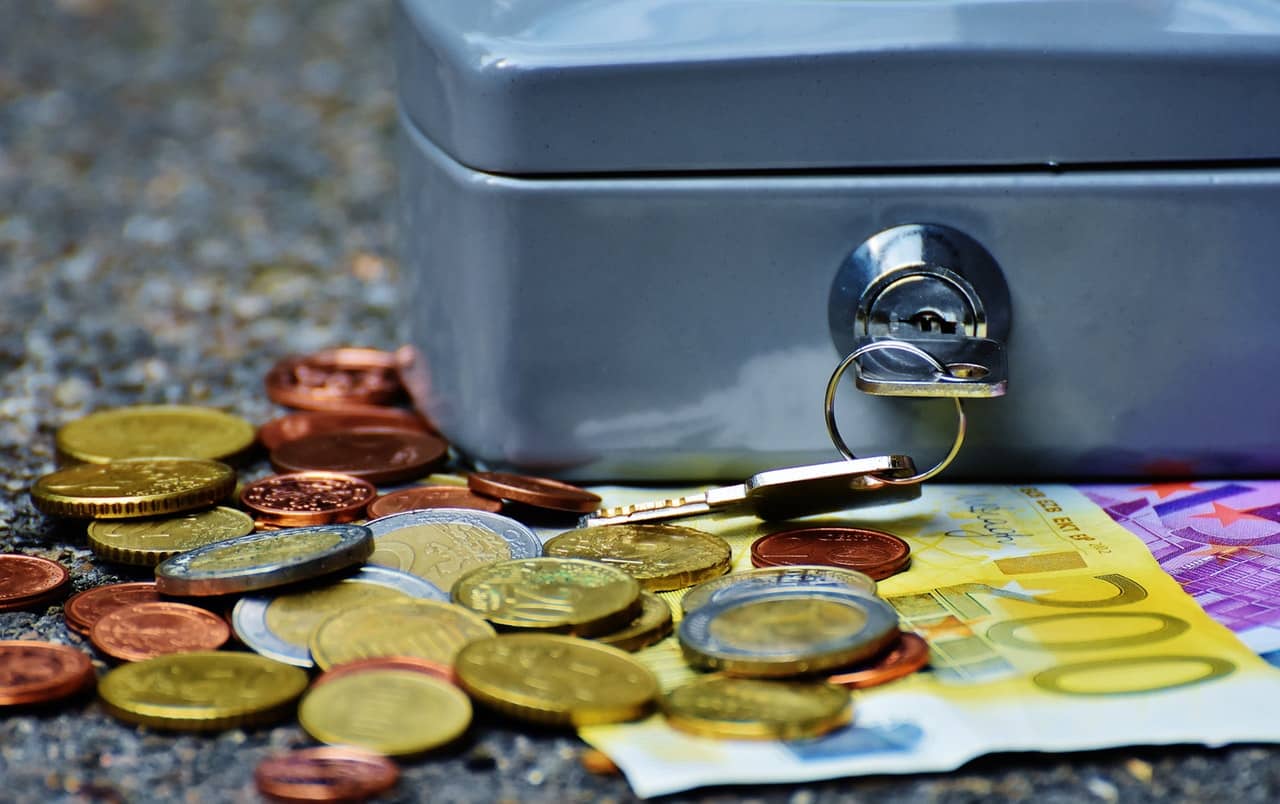Every cardholder who has completed a payment cycle for a credit card receives a paper that contains all information about their transactions, their grace period , and due date for payment. The document is referred to as a Credit Card statement. It is frequently ignored by a lot of people who simply glance at it and throw it away. Many people consider it completely useless and don’t even look at it. This isn’t the best method to manage your account. It should be reviewed thoroughly as it can help you track your expenditures and keep them under control. Sometimes, however it might feel long and dull to read. It generally happens because cardholders are not much aware of the terms that are mentioned in the statement or aren’t sure what to find in the statement.
This article will explain the importance of your credit cards statement. It will also show you how you can check it for crucial information prior to deciding whether you want to delete it or discard it.
What are the motives to examine your credit card bill?
You can utilize your credit card statement to help reduce your expenses. You should go through the statements and determine the transactions that have been completed. For example, you might have taken a free trial of software or an application that has now ended but you are unknowingly paying for it even though it’s not being used. Sometimes errors can also be observed in the statements. For instance an item may be listed twice, or a calculation error could be present. These errors can be easily fixed should you find them. If you do not check your statements, these mistakes may not be discovered and you may pay nothing. It is important to review your credit card statement. Any fraudulent or unauthorized transactions must be immediately reported to the bank.
What To Look For In Your Credit Card Statement?
1. Summary of Account
The account summary mentioned on your credit card statement shows the transactions you made during the previous billing cycle, the interest that was charged on the due amount, fees and charges (if any) and the total amount due. Additionally, the closing date, the credit limit that is available and days of your billing cycle will be included in it. You should note that transactions completed after the statement close date will be reflected in your next billing statement. If you wish to take a look at them, log into your bank account on the net.
2. Deadline for Payment
Examine your credit card statement for the payment due date. It is the day by which you are expected to pay your charges. If you pay on the final day, i.e, on the due date for the payment, may be a bad idea since if you make the payment using the cheque, it will take 3 to 5 business days to process your payment, and you’ll be charged interest as well as a late payment fee. It is recommended to check the payment due date and attempt to make the payment in advance of the due date.
3. Total Due
It includes the sum of the following what you spent in one billing cycle; any balance you have left from your previous cycle of billing; the interest you have paid on past dues , and any other charges that you have to pay. In essence, it’s the due amount you must pay on or before the Payment due date. It is essential to look over your credit card bill for this information so you can pay on time.
4. Minimum Amount Due
If you are not able to cover the entire amount due, card issuers give you an opportunity to pay a lesser amount to avoid the late payment fee. The balance will be carried over to the next billing cycle. However, interest will be charged on the amount that is in arrears. You should check the amount that is due to avoid late payment fees and make sure you pay it.
5. Grace Period
The grace period refers to the period between the close of a billing billing cycle and the date of due for payment. In this time period, there is no interest is charged on purchases. The credit card statement you receive will include your grace period. Be careful with your credit card to avoid extra charges or interest.
Also check out: What is the Grace Period on a credit Card
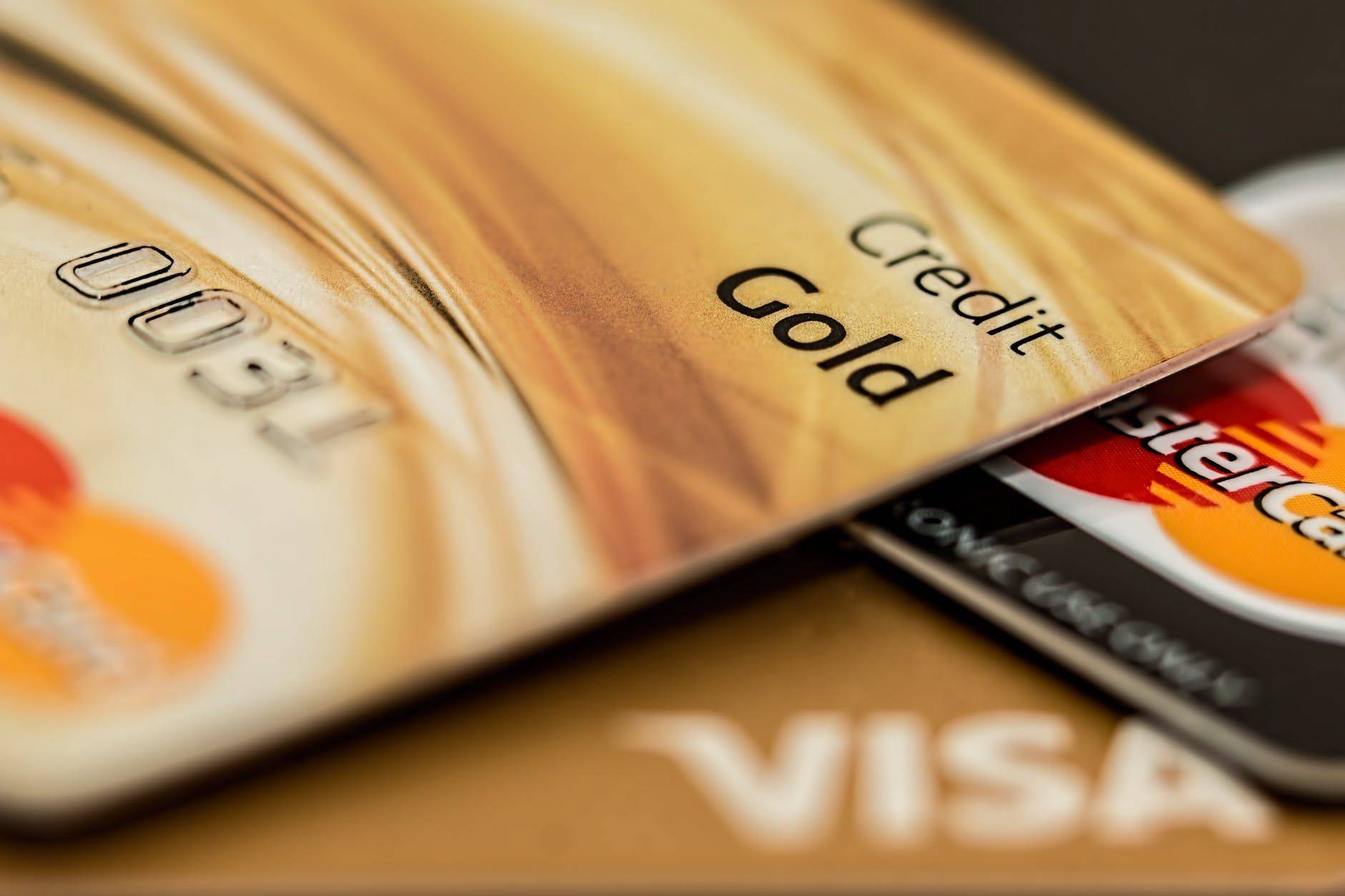
6. Notification of late payments
Additionally, you will see a late payment warning in the credit card bill, which would warn that you must pay the minimum amount to avoid the late payment fee. The late payment charges will also be mentioned under this warning.
7. Credit Limits Available
The credit limit is among the most crucial items listed on your credit card bill. This is the maximum credit limit your card issuer will allow you to use on your credit card. As you begin your journey with a credit card, your credit limit will be generally smaller, but card issuer could increase it based on the way you make payments. So, you should also check this section of your statement to ensure that you keep yourself aware of the credit limit that is available to you on your credit card.
8. Reward Points/Cashback
All credit cards come with some type of cashback/reward points, which holders earn on almost all their transactions. Your statement will also include the reward points or cashback you earn in a billing cycle. So, you can keep an eye on your reward points and their validity so that you redeem them in the right option before they expire.
9. Bank Charges
You might be surprised at the amount of the credit card bills are much higher than you thought. This can happen due to some bank charges, like late payment fees or interest charges, foreign currency markup fees as well as cash advance charges etc. The bank will charge you a 2.5% cash advance fee for cash withdrawals made using your credit card. similarly, if you make international transactions, a forex markup charge of 3.5 percent is typically assessed. However, there are some credit cards with the lowest markup for forex which can help you save some money on international transactions.
Bottom Line
We hope you’ve now understood the importance of reviewing your credit card statements each day following the above points. It’s not just a record to be ignored, but a precious document that will help you understand and manage the expenses of your credit card. You can file a complaint of fraud or theft to your bank and not have it charged.
You may ask questions regarding your credit card statement in the comments section to the right. Please let us know if have looked up your credit card’s statement.

